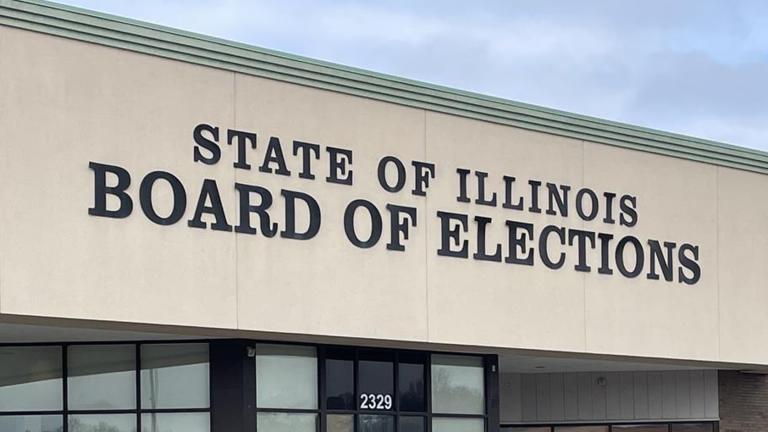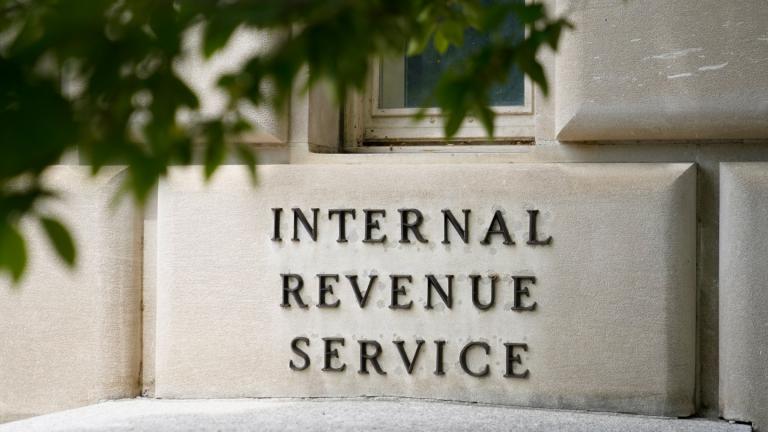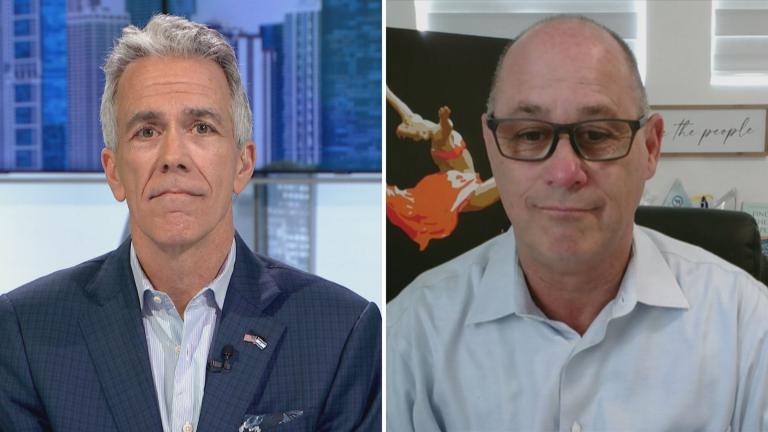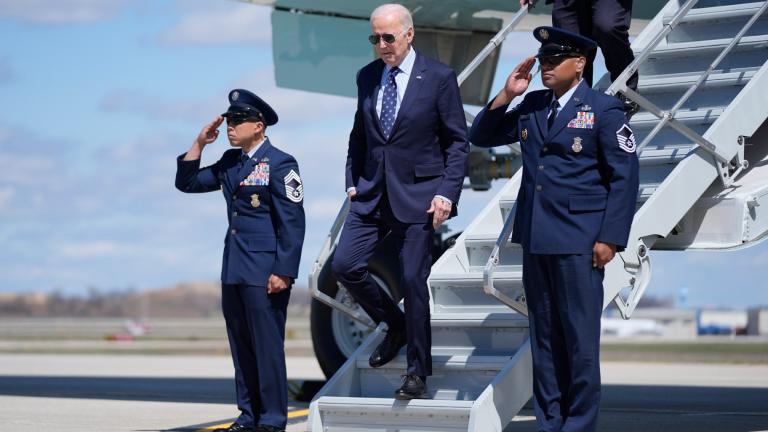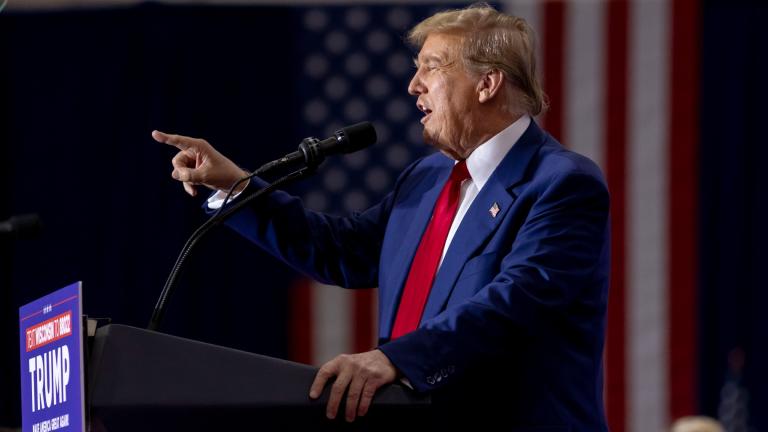After weeks of back and forth in the courts, votes on the ballot measure known as Bring Chicago Home will be counted during Tuesday’s election.
The question asks Chicago voters to decide if they support an increase of the real estate transfer tax on property sales over $1 million. The increased rate would only apply to the amount of the sale that goes over that mark.
Read More: WTTW News Voter Guide to the 2024 Primary Election
Supporters and city officials say the additional revenue will fund efforts to fight homelessness in Chicago. However, critics are concerned the tax will negatively impact the real estate market and residents.
Farzin Parang, executive director of the Building Owners and Managers Association of Chicago, says the measure could create a “backdoor property tax” that will hurt Chicago workers who rely on the office industry for jobs.
“We are competing for that investment from all over the world to come to Chicago to put Chicagoans to work,” Parang said. “So every time we make it harder for us to get that investment and it hurts everybody in the city.”
Ald. William Hall (6th Ward) said the tax gives local investors an incentive to buy in disinvested neighborhoods where properties cost less than $1 million.
“The opportunity to come to empower economics is in neighborhoods,” he said “Again, these neighborhoods built the employees that go downtown. Why can’t you come and buy in these neighborhoods?”
Corey Oliver, a member of the Neighborhood Building Owners Alliance, who is also an investor in local rental properties, is concerned the one-time tax will force additional costs down the line.
“By even adding the one-time cost, the ripple effects are going to be where people are going to recalculate how they’re buying things,” he said. “So you’re gonna see a loss of value of properties, you’re gonna see that cause that property taxes are going to have to be sped up and cost more to homeowners as as individual homeowners, and then also that is going to create a burden.:
The proposal is estimated to generate $100 million per year. Groups like the Civic Federation have raised concerns that the plan does not articulate how funds from the tax will be used to address homelessness.
According to the Rev. Ann-Louise Haak, a leader with Organizing Neighborhoods for Equality, or ONE — Northside, an advisory council will be in charge of the funds and make recommendations on how they will be used. The committee would be approved by the City Council and include individuals knowledgeable on the issue.
“So folks who have experienced homelessness themselves, folks who are service providers who are out there in the field, and really have a lot of expert knowledge about what is needed to help address the problem of homelessness in Chicago,” she said.
The Chicago City Council voted 32-17 in November to put the measure to voters. If it is approved, it will be up to the City Council to decide whether to implement its new authority.

